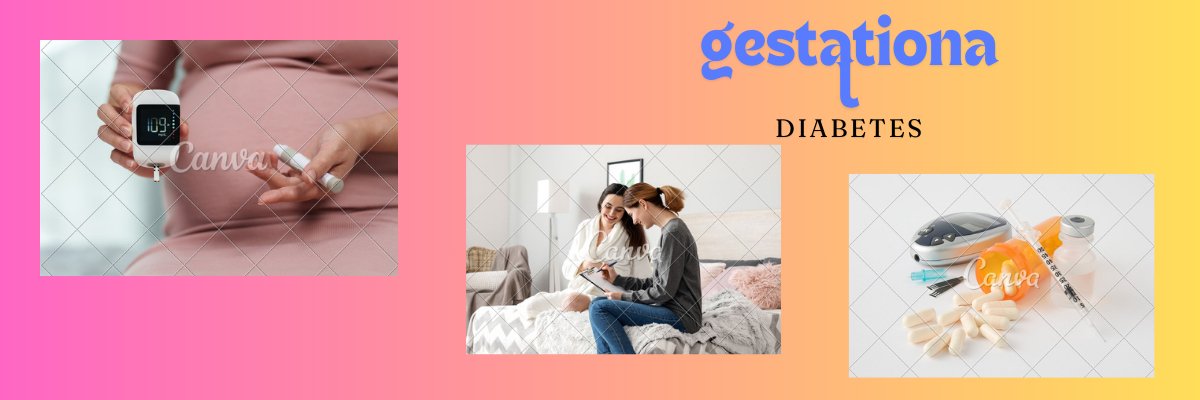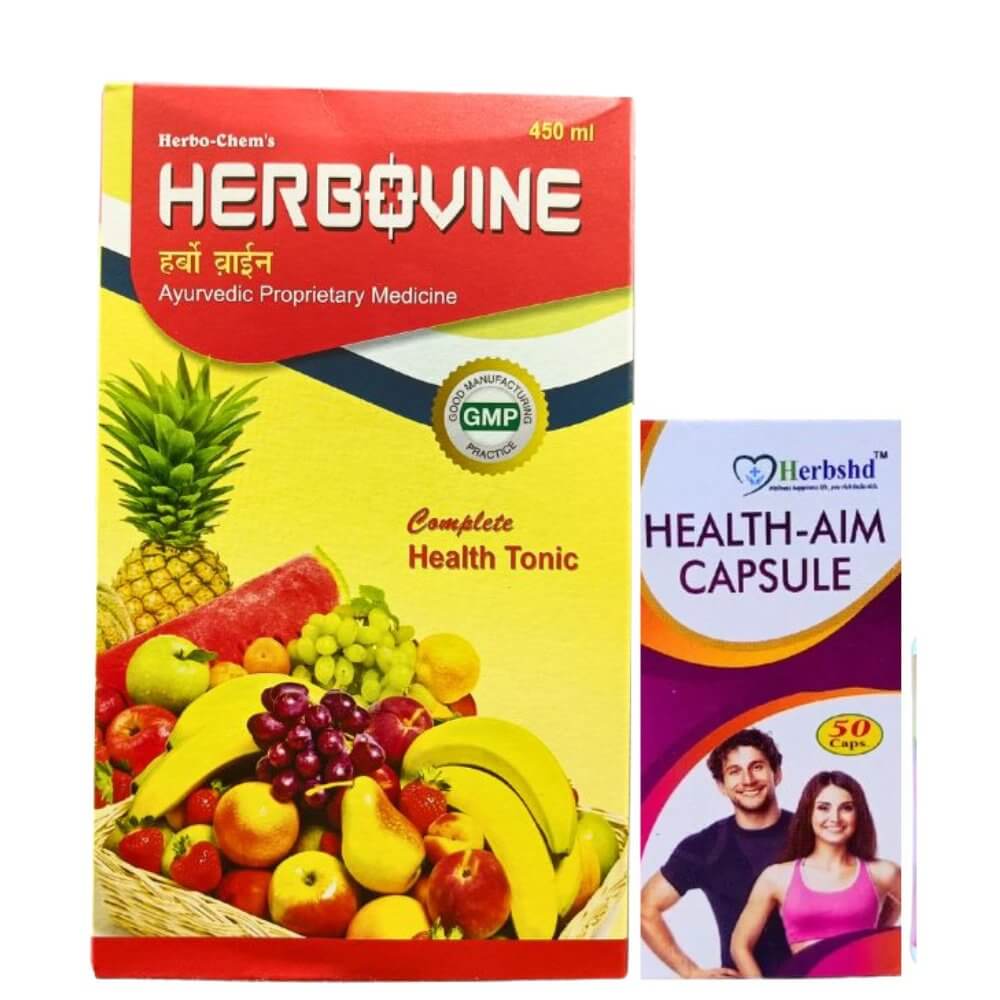Symptoms:
Most of the time, gestational diabetes does not cause noticeable signs or symptoms. Possible symptoms include increased thirst and frequent urination.What causes gestational diabetes?
Gestational diabetes occurs when your body cannot produce the extra insulin it needs during pregnancy. Insulin, a hormone made in your pancreas, helps your body use glucose for energy and helps regulate your blood glucose levels.
During pregnancy, your body produces special hormones and undergoes other changes, such as weight gain. Because of these changes, your body's cells don't use insulin well, a condition called insulin resistance. All pregnant women have some insulin resistance in late pregnancy. Most pregnant women can make enough insulin to prevent insulin resistance.
Pregnant women who cannot produce enough insulin in late pregnancy develop gestational diabetes.
Being overweight or obese is associated with gestational diabetes. Women who are overweight or obese may already have insulin resistance when they become pregnant. Excess weight gain during pregnancy can also be a factor. So control your diabetes diet.
A woman with a family history of diabetes is more likely to develop gestational diabetes, suggesting that genes play a role. Check your blood sugar range with the diabetes test slide.
Complications:
Blood sugar levels may be high. High blood sugar can cause problems for you and your baby. Complications that can affect your baby If you have gestational diabetes, you and your baby may be at increased risk.
When to see a doctor?
If you are diagnosed with gestational diabetes and you notice possible signs of increased thirst, frequent urination, then you need to see a good doctor and check your blood sugar levels. If your blood sugar levels are higher than normal, you need diabetes treatment. If you are diagnosed with gestational diabetes, you may need more frequent checkups. Eat the best foods your doctor has chosen for diabetes control.
Gestational diabetes can increase your risk of:
Hypertension and preeclampsia. Gestational diabetes increases your risk of high blood pressure, as well as preeclampsia — a serious complication of pregnancy that causes high blood pressure and other symptoms that can be life-threatening for both you and your baby.
If you have had gestational diabetes, you are more likely to develop it again in future pregnancies. As you age, your risk of developing type 2 diabetes increases.
Check your blood sugar level every few days to understand the signs of low sugar and high sugar in your body. and eat foods prescribed by your doctor.
- If you are diagnosed with gestational diabetes then you may notice the possible symptoms of increased thirst, frequent urination, then you need to see a good doctor and check your blood sugar level. If your blood sugar levels are higher than normal, you need diabetes treatment. If you are diagnosed with gestational diabetes, you may need more frequent checkups. Eat the best foods that your doctor has chosen to control diabetes.










